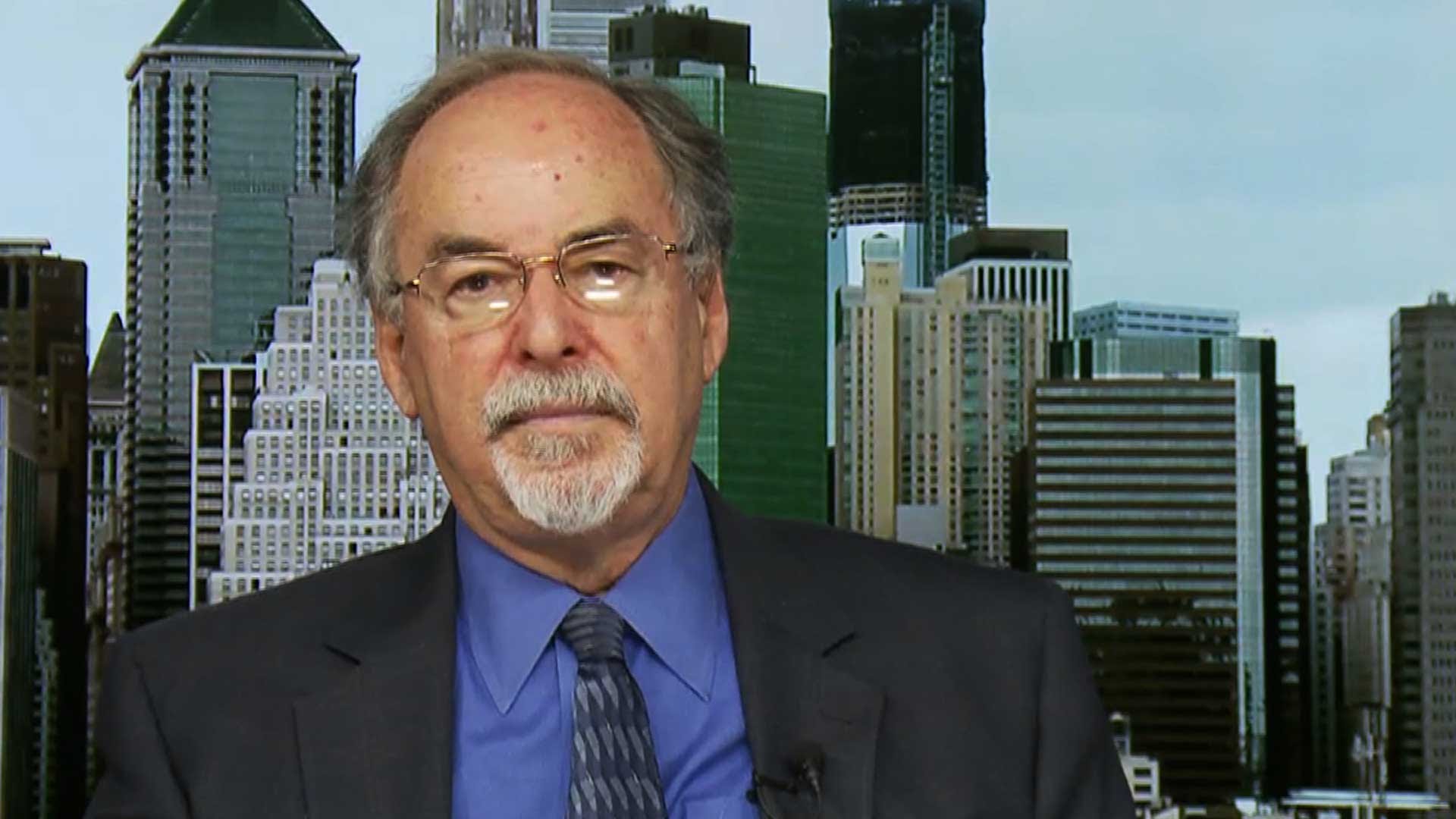Following buyout by Trump critic Jeff Bezos’ Amazon, working at Whole Foods has become a REAL nightmare — literally
02/09/2018 / By JD Heyes

Management at grocery chain Whole Foods likely had no idea that working for Jeff Bezos and Amazon would be so hectic, so frenetic, and such a bad idea.
Since Bezos’ online retail behemoth Amazon bought out Whole Foods, the workers have found they can’t keep up with the insane pace demanded by the new lord and master.
In recent interviews with Business Insider, 27 current and former Whole Foods employees, all speaking on the condition of anonymity, said there was so much pressure being put on them and other workers since the implementation of a new inventory management system known as “Order to Shelf.”
As BI noted:
The new system…has a strict set of procedures for purchasing, displaying, and storing products on store shelves and in back rooms. To make sure stores comply, Whole Foods relies on “scorecards” that evaluate everything from the accuracy of signage to the proper recording of theft, or “shrink.”
Some employees, who walk through stores with managers to ensure compliance, describe the system as onerous and stress-inducing.
Conversations with current and former employees including cashiers and corporate workers — some who have been with Whole Foods for 20 years — say that the new system is being seen more and more often as retributive and punishing.
Those Business Insider spoke with also noted that many employees live with constant fear — fear of being fired under the troubling new system as they spend more and more time toiling away with OTS-related paperwork rather than assisting customers. Others have become so disenfranchised with the Amazon-imposed system they’ve left Whole Foods already or are looking for a way out.
But besides sapping morale, workers also note that the new system has left some gaps in the logistics chain, leading to food shortages in certain markets.
Whole Foods executives tell investors on phone calls that the stressful system has helped to reduce operating costs, reduce shrink, eliminate storage, and allow employees to spend more time with store customers. And to be fair, employees along with non-employees have said that Whole Foods’ previous decentralized logistics system was not sufficient and due for an upgrade.
But OTS goes to an extreme that many employees simply cannot deal with.
“The OTS program is leading to sackings up and down the chain in our region,” one Georgia Whole Foods employee stated.
“We’ve lost team leaders, store team leaders, executive coordinators and even a regional vice president,” the employee said, according to Business Insider. “Many of them have left because they consider OTS to be absurd. As an example, store team leaders are required to complete a 108-point checklist for OTS.”
Ouch.
Business Insider said that Whole Foods did not respond to its request for comment — which certainly lends an air of accuracy to the complaints about the system. (Related: Whole Foods pushes TOXIC blood-clotting canola oil in more than 50% of their packaged products and at the prepared food bar)
The food chain ensures compliance with the system by ordering managers to walk through store aisles and storerooms on a regular basis with checklists called “scorecards” in order to ensure that every item is where it’s supposed to be, according to a trove of internal company documents BI reviewed.
If something is wrong or out of place or too much stock is in storage, departments will lose points on their scorecards.
“Every item in our department has a designated spot that is labeled or marked,” an employee of a Colorado Whole Foods store told BI. “If that item is even an inch outside of its designated spot … we receive negative marks.”
Some “failing scores” can be anything below 89.9 percent — and they can result in employees being fired.
Such walks have “instilled fear across every department of Whole Foods’ stores,” Business Insider noted, quoting the anonymous employees.
“I wake up in the middle of the night from nightmares about maps and inventory, and when regional leadership is going to come in and see one thing wrong, and fail the team,” a supervisor at a West Coast Whole Foods said. “The stress has created such a tense working environment. Seeing someone cry at work is becoming normal.”
Way to go, Jeff.
J.D. Heyes is editor of The National Sentinel and a senior writer for Natural News and News Target.
Sources include:
Tagged Under: employees, employment, firings, food supply, groceries, inventory, inventory system, Jeff Bezos, logistics, obey, OTS, retail shopping, shopping, stress, Twisted, Whole Foods, work environment, work rules
RECENT NEWS & ARTICLES
COPYRIGHT © 2017 OBEY NEWS
















